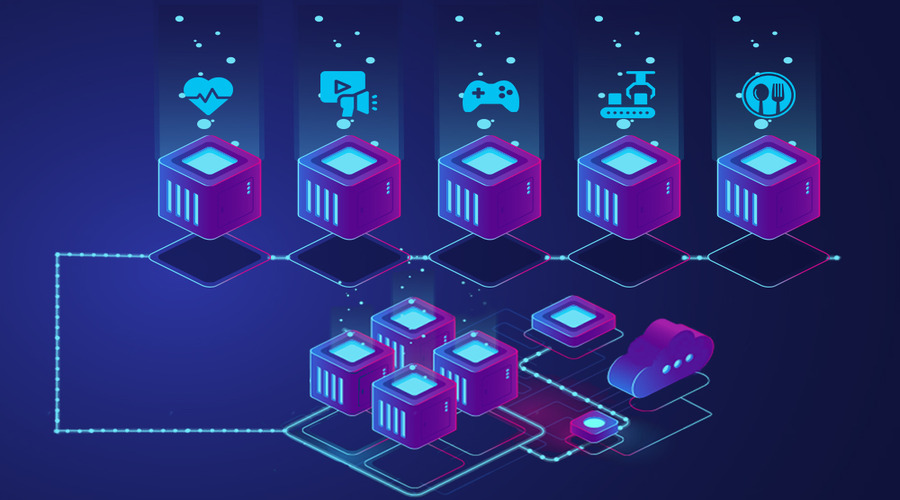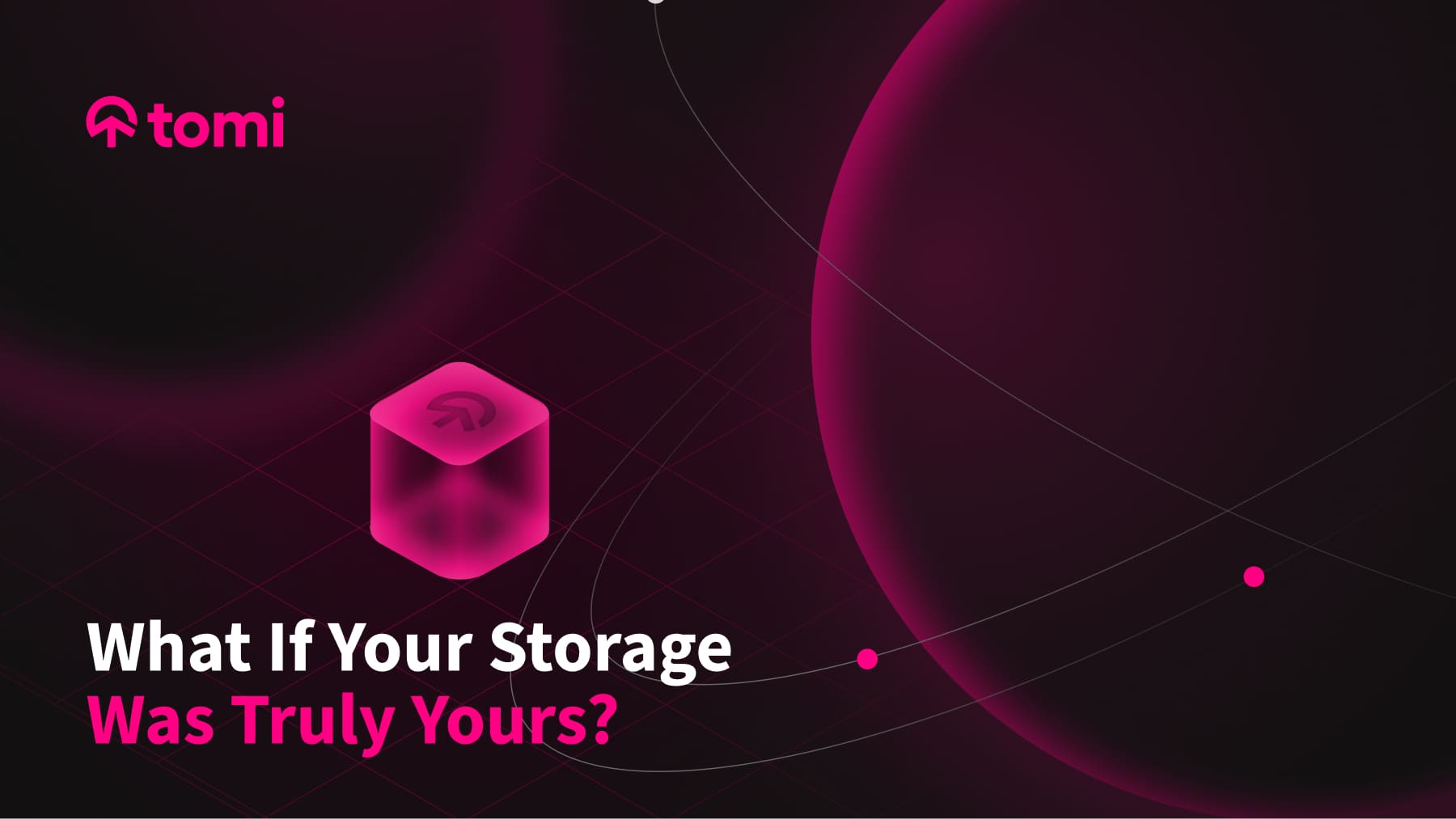
Blockchain Use Cases: Exploring Real-World Applications of Blockchain Technology
- Eric Guerr
- March 29, 2023
- Blockchain
- Blockchain, healthcare, smart contracts, supply chain management, technology
- 0 Comments
Blockchain technology is revolutionizing how we interact with data, providing a secure and decentralized platform for digital transactions. Initially, blockchain was used only for cryptocurrency transactions, but as the technology has evolved, its use cases have expanded significantly. In this article, we’ll explore the various applications of blockchain technology across industries, including finance, healthcare, supply chain management, and more.
What is Blockchain?
Before diving into the various use cases of blockchain, it’s essential to understand what blockchain is and how it works. Blockchain is a distributed ledger technology that allows data to be stored in a secure and decentralized manner. The data is stored in blocks linked together in a chain, creating a tamper-proof record of all transactions. This decentralized system eliminates the need for intermediaries, making transactions faster, cheaper, and more secure.
Use Cases of Blockchain
1. Cryptocurrency Transactions
The most well-known use case of blockchain is cryptocurrency transactions. Bitcoin, the first cryptocurrency, was created in 2009, and since then, thousands of cryptocurrencies have been developed, all of which rely on blockchain technology. Blockchain allows for secure and fast transactions between users, eliminating the need for intermediaries like banks.
2. Supply Chain Management
Blockchain can also be used to streamline supply chain management. By storing data about the production, shipment, and delivery of goods on a blockchain, companies can track the movement of their products in real time, ensuring transparency and reducing the risk of fraud. This technology also helps to improve efficiency by reducing the need for paperwork and manual data entry.
3. Healthcare
Blockchain technology can be used to store and manage medical records securely. This helps to reduce errors and increase transparency in the healthcare system. Patients can easily control access to their medical records and share them with healthcare providers. The technology can also be used to track the supply chain of medical equipment and pharmaceuticals, reducing the risk of counterfeit products.
4. Voting Systems
Blockchain technology can be used to create secure and transparent voting systems. By storing voting records on a blockchain, the results of an election can be verified, ensuring the integrity of the democratic process. The technology can also help to increase voter turnout by making voting more accessible and convenient.
5. Digital Identity Verification
Blockchain technology can be used to verify digital identities securely. This helps to reduce fraud and protect sensitive information. By storing identity data on a blockchain, individuals can control who has access to their personal information and ensure that it is not tampered with.
6. Smart Contracts
Smart contracts are self-executing contracts that can be programmed to execute automatically when certain conditions are met. Blockchain technology can be used to create and manage smart contracts securely. This technology can be used to streamline business processes, reducing the need for intermediaries and increasing efficiency.
7. Real Estate Transactions
Blockchain technology can be used to streamline real estate transactions, making them faster and more secure. By storing data about property ownership on a blockchain, the transfer of property ownership can be completed without the need for intermediaries like lawyers and real estate agents.
8. Energy Trading
Blockchain technology can be used to create a decentralized energy trading system, allowing consumers to buy and sell energy directly with each other. This technology can help reduce energy costs and increase the use of renewable energy sources.
9. Gaming
Blockchain technology can be used to create secure and transparent gaming platforms. By storing gaming data on a blockchain, players can ensure that their games are fair and not rigged. This technology can also be used to create in-game economies, allowing players to earn cryptocurrency by playing games.
10. Charity
Blockchain technology can also be used to improve transparency and accountability in the charitable sector. By storing data on a blockchain, donors can track how their donations are used and ensure that their money is used for the intended purpose. This technology can also help to reduce the risk of fraud in the charitable sector.
Benefits of Using Blockchain Technology
The use of blockchain technology provides several benefits, including:
- Increased transparency: Blockchain technology provides a tamper-proof record of all transactions, increasing transparency and accountability.
- Decentralization: The decentralized nature of blockchain eliminates the need for intermediaries, reducing costs and increasing efficiency.
- Security: Blockchain technology provides a secure platform for digital transactions, reducing the risk of fraud and hacking.
- Automation: The use of smart contracts allows for the automation of business processes, reducing the need for manual intervention.
- Improved efficiency: The use of blockchain technology can streamline business processes, reducing costs and increasing efficiency.
Conclusion
Blockchain technology has the potential to revolutionize the way we interact with data, providing a secure and decentralized platform for digital transactions. Its use cases are expanding across industries, including finance, healthcare, supply chain management, and more. As technology continues to evolve, we can expect to see even more innovative applications of blockchain in the future.








